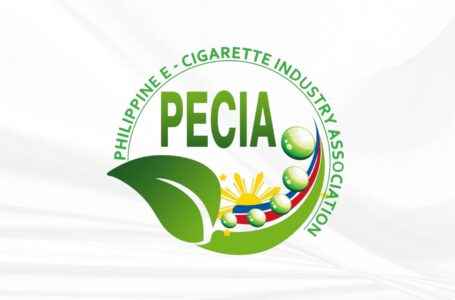Consumers and farmers in the Philippines asked the public and the World Health Organization (WHO) to oppose proposed tobacco control measures they view as overly restrictive, arguing these policies limit harm reduction options and threaten livelihoods.
The appeal is being made in the lead-up to the 11th biennial tobacco control conference of the WHO Framework Convention on Tobacco Control (FCTC), scheduled for November 17–22, 2025, in Geneva, Switzerland.
Groups including the Philippine E-Cigarette Industry Association (PECIA), Vaper AKO, Consumer Choice Philippines, the Nicotine Consumers Union of the Philippines (NCUP), Quit for Good, and the Federation of Free Farmers (FFF) have voiced support for a science-based tobacco control strategy that encourages the use of non-combustible alternatives including e-cigarettes, nicotine pouches, and heated tobacco products as tools for harm reduction.
Dr. Lorenzo Mata, president of consumer advocacy group Quit for Good, emphasized that disregarding current scientific evidence limits smokers’ access to safer alternatives.
During the Harm Reduction and Nicotine Summit held on October 15, 2025, Mata stated that scientific research indicates smoke—not nicotine—is the primary cause of smoking-related heart and lung diseases.
Mata criticized the WHO’s effort to “demonize nicotine,” arguing that such a stance traps millions of Filipinos in a cycle of smoking by denying them access to safer options. He cited the alarming rise in adult smoking from 18.5% in 2021 to 23.2% in 2023 as a direct consequence of misguided policy.
Mata called on the WHO to integrate harm reduction into its tobacco control strategies, emphasizing the need to offer over 1.3 billion smokers worldwide access to safer alternatives. He acknowledged that while abstinence remains the ideal, non-combustible options represent a practical, science-supported path forward.
Adolph Ilas, chairman of Consumer Choice Philippines, advocated for the adoption of tobacco harm reduction as a more effective public health strategy. He cautioned that overly restrictive policies on alternative products could worsen the smoking epidemic.
Joaqui Gallardo, spokesperson for Vaper Ako, supported the call for harm reduction, warning that restrictive tobacco policies may alienate smokers, limit their access to safer alternatives, and stigmatize the nicotine industry—potentially driving demand toward illicit markets.
Gallardo suggested that the increase in smoking rates in the Philippines could be connected to the expansion of the illicit cigarette market, driven by stringent regulations and high taxes on legal products that make illegal alternatives more affordable.
PECIA president Joey Dulay recognized the Vape Law (Republic Act No. 11900) as a key milestone in creating a structured fiscal policy for smoke-free products. However, he expressed opposition to proposed tax hikes on vape devices, calling for a “fair and sustainable rate” that promotes compliance, safeguards employment, and maintains access to regulated harm reduction options for adult smokers.
The NCUP noted that Article 1 of the FCTC implicitly supports harm reduction, yet the WHO has not endorsed the use of less harmful alternatives as a core strategy to reduce smoking.
NCUP president Anton Israel lamented that nicotine consumers are often overlooked and face social stigma, with limited opportunities to voice their concerns.
“Nicotine consumers should not be vilified,” said Israel. “We need clear, grassroots-level education to help smokers understand the availability of less harmful alternatives.”
The FFF said tobacco has long been a vital agricultural crop. The agricultural association noted that with the rise of smoke-free technologies, the risks associated with tobacco and nicotine use have significantly declined. The FFF urged FCTC delegates to support reasonable regulations that would allow farmers to remain competitive and sustain their livelihoods.
The NCUP described the upcoming 11th Conference of the Parties to the WHO FCTC as a chance for global leaders to engage with consumer voices and support practical pathways to cessation, rather than penalizing those who struggle to quit.
Consumer groups urged policymakers to prioritize science over ideology in shaping tobacco regulations, citing findings from Public Health England that estimate vaping to be significantly less harmful than traditional smoking.
The NCUP said that although Article 1 of the FCTC implicitly recognizes harm reduction, the WHO has not endorsed the use of less harmful tobacco alternatives as a viable strategy to reduce smoking.
“We need a fresh approach,” said the NCUP. “It’s time to embrace harm reduction—not just in Asia-Pacific, but worldwide.”





















